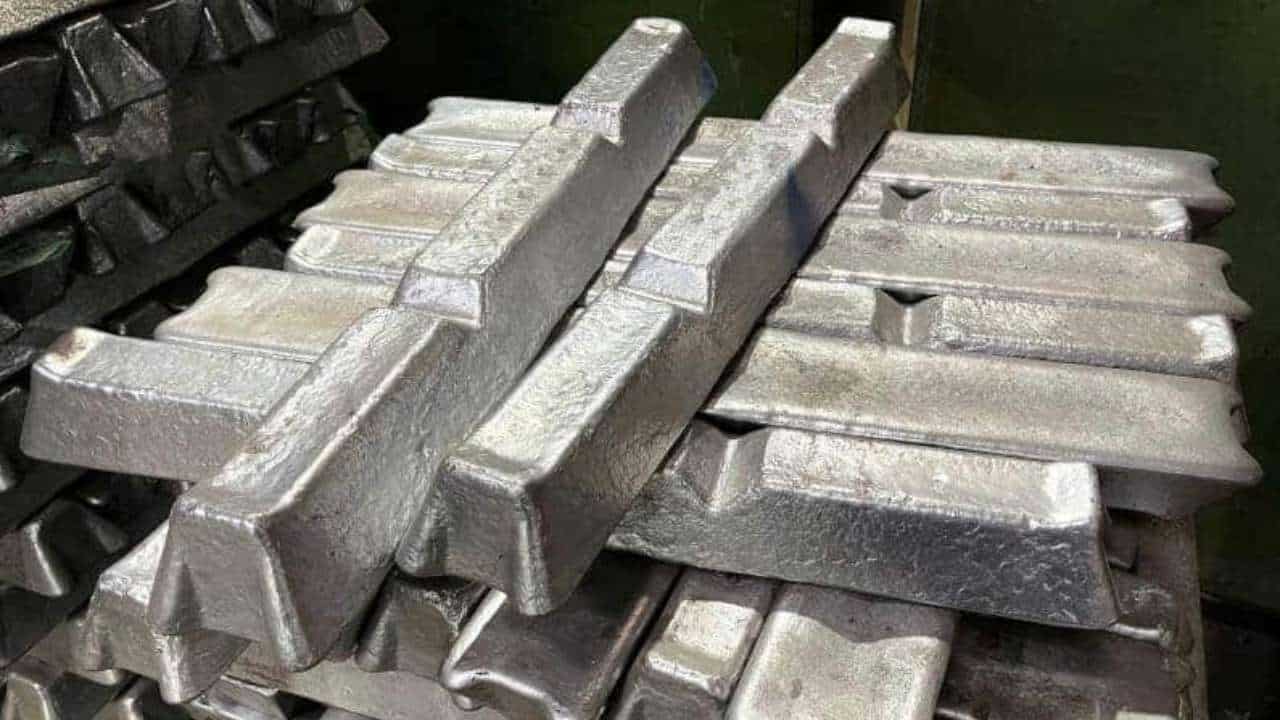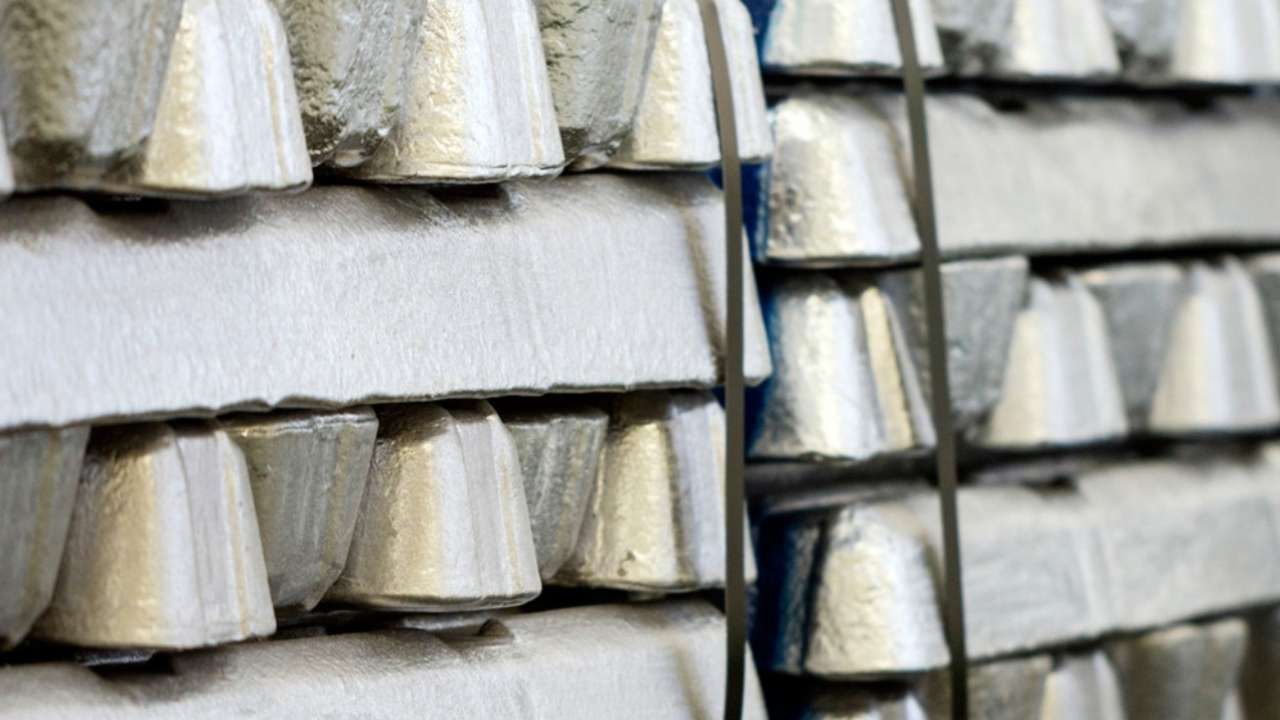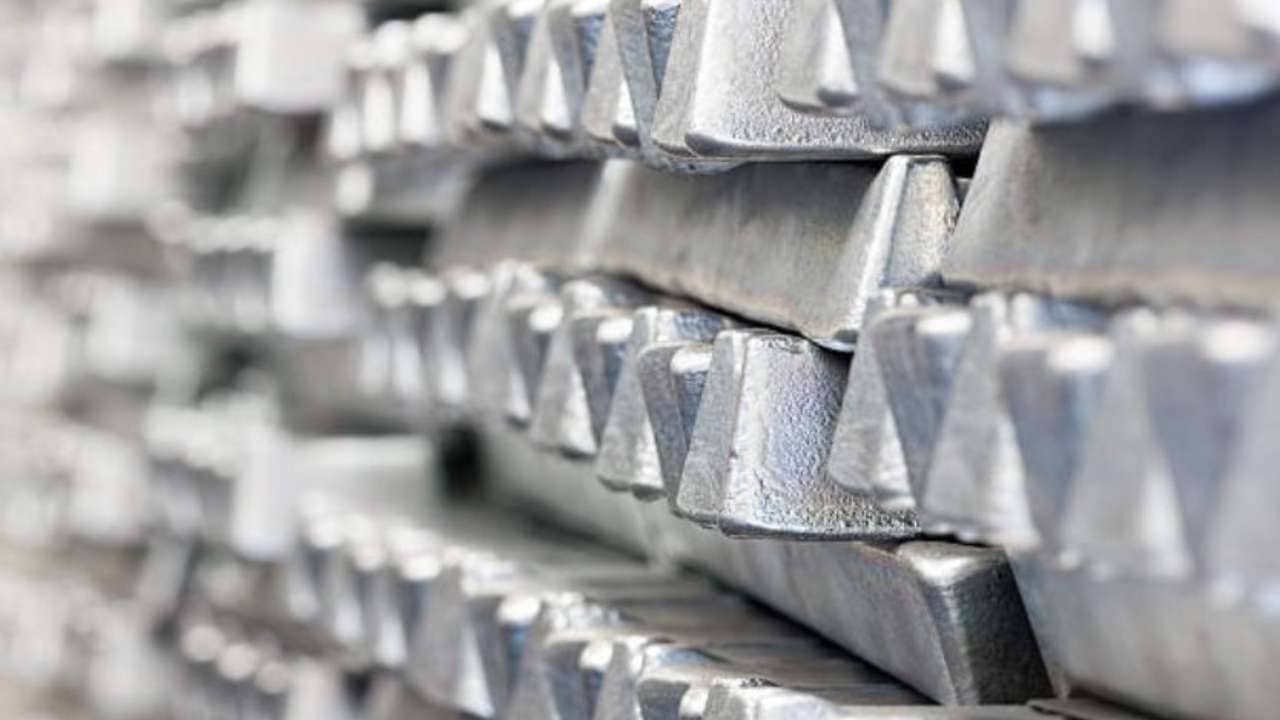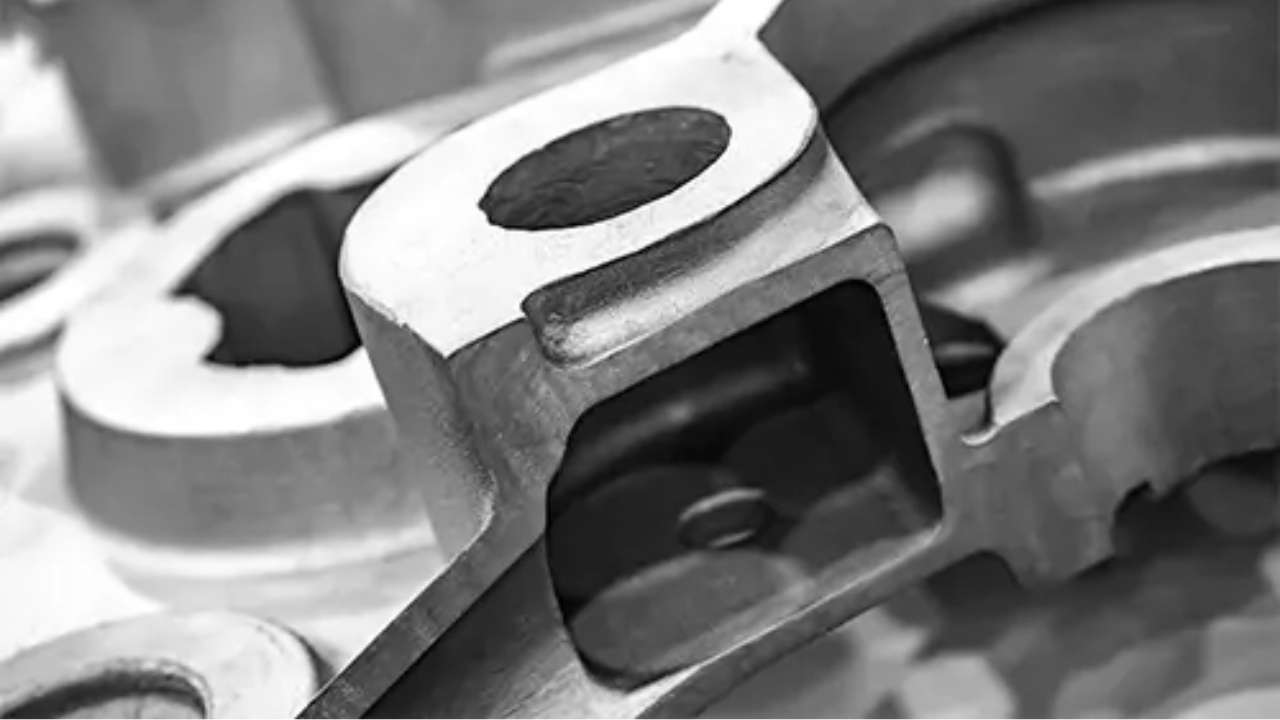A413 Aluminum Alloy is often the best choice for die-cast objects. You can learn about its properties, why it is helpful, and the areas where it is helpful. Designing automotive parts, pressure equipment, or heat sinks requires you to learn about A413 Aluminum Alloy, since it supports both durability and precise function.
Overview of A413 Aluminum Alloy

A413 Aluminum Alloy has excellent resistance to pressure and corrosion and is made for use in die casting. You will find it useful when your project calls for flexible parts, strong and durable shapes, and tight dimensional control over size.
Because of its strength in castability, A413 is perfectly suited for forms with lots of small details and hard-to-mold pieces. This alloy helps you meet manufacturing and operation requirements for producing automotive housings, heat sinks or pressure components without causing too much extra expense.
Chemical Composition and Role of Each Element
| Element | Weight Percentage (%) | Function in Alloy |
| Aluminum (Al) | Balance | Base metal |
| Silicon (Si) | 11.0 – 13.0 | Improves castability |
| Magnesium (Mg) | ≤ 0.1 | Modifies structure |
| Iron (Fe) | ≤ 1.3 | Control impurity |
| Copper (Cu) | ≤ 1.0 | Strengthens |
| Zinc (Zn) | ≤ 0.5 | Enhances strength |
| Manganese (Mn) | ≤ 0.35 | Increases corrosion resistance |
| Others | Trace | Varies |
Mechanical and Physical Properties of A413 Aluminum Alloy

Mechanical Properties
| Properties | Tensile Strength | Yield Strength | Elongation | Hardness | Castability |
| Attributes | 240 – 280 MPa | 120– 180 MPa | 1% – 4% | 80 – 85 HB | Excellent |
o Tensile Strength
Using A413 Aluminum Alloy, you get a tensile strength of 240–280 MPa, meaning your die-cast parts will withstand tough mechanical pressures.
o Yield Strength
You can depend on a yield strength of 120–180 MPa, which makes your components resistant to pressure and beneficial for use in tough structural and mechanical applications.
o Elongation
The material has moderate ductility when it elongates between 1% and 4%. As a result, your material can withstand a little stretching or change before breaking, which is helpful in dynamic environments.
o Hardness
With a Brinell hardness of 80–85 HB, your A413 aluminum Alloy’s parts resist wear and remain strong when subjected to mechanical stress.
o Castability
You will notice that the A413 aluminum alloy casts excellently and has a lot of detail, so it’s perfect for creating fine die-cast items.
Physical Properties

| Properties | Density | Melting Point | Thermal Conductivity | Electrical Conductivity | Thermal Expansion |
| Attributes | ~2.66 g/cm³ | 565 – 580 °C | ~155 W/m·K | ~32% IACS | ~20.5 µm/m·K |
o Density
The density of the material is about 2.66 g/cm³, you will get an alloy that is light yet strong, perfect when trying to cut down on overall component weight.
o Melting Point
A this aluminum alloy melting range between 565 and 580 °C provides accurate and controlled conditions for die-casting with less energy used and excellent mold flow.
o Thermal Conductivity
The thermal conductivity is around 155 W/m·K in A413 aluminium alloy, Your thermal management is guaranteed to be perfect; it’s a great fit for any component under high operating temperatures.
o Electrical Conductivity
This alloy supplies about 32% of IACS, giving it mild conductivity that is compatible with the function of your components that need to perform structurally and thermally.
o Thermal Expansion
Providing 20.5 µm/m·K of thermal expansion, the material ensures that your assemblies maintain accuracy despite temperature changes.
Heat Treatment and Other Processing Techniques

- Heat Treatment:
Because of the high silicon in your A413 Aluminum Alloy, there are few or no heat treatment options since hardening processes are restricted. However, its silicon supports great stability of shape during casting.
If you apply anodizing or e-coating as surface finishes, your parts gain resistance to rust and will also make your parts durable and visually appealing.
- Machining:
You cast with A413 aluminium alloy, you will discover that the material machines well and makes achieving the needed tolerances simple for your product.
- Vacuum Impregnation:
Porous areas in your castings can be sealed with vacuum impregnation, which ensures your parts are leak-proof and important requirement for components holding fluids or other types of fluid pressure.
Conclusion

Once you know the advantages and uses of A413 Aluminum Alloy, you will feel confident about selecting it for your pressure equipment, automotive housings, and heat sinks. Get high-quality, tight-fitting A413 aluminum alloy parts from hmaking.


